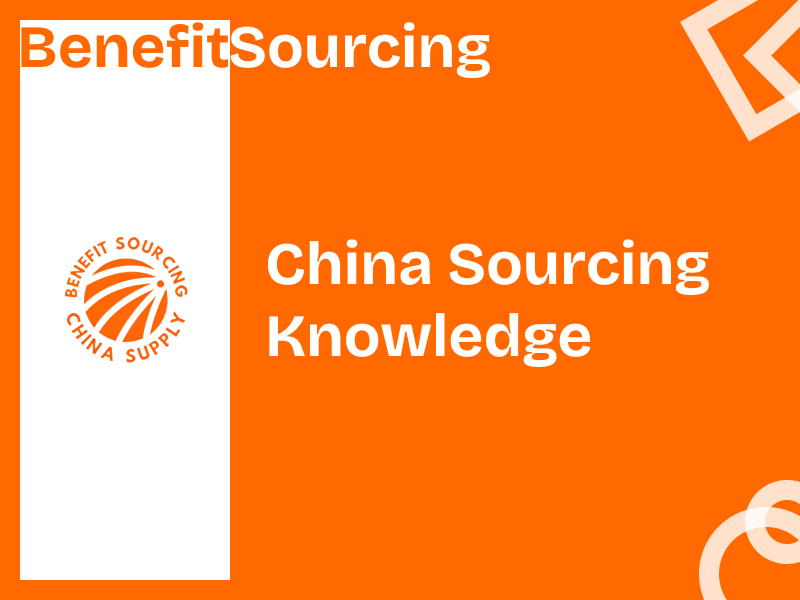Supplier Sourcing: Strategies for Finding the Right Partner

Sourcing reliable suppliers is a critical step for small and medium - sized businesses looking to import products from China. With proper strategies, international buyers can build profitable partnerships while minimizing risks. Here are practical approaches to streamline your supplier selection process:
1. Clearly Define Your Requirements Start by creating a detailed product specification list including:
- Materials and components
- Quality standards
- Order quantities (MOQ)
- Packaging requirements
- Compliance certifications (e.g., CE, FCC, RoHS)
- Budget constraints
This clarity helps filter unsuitable suppliers early and facilitates accurate price comparisons. For businesses with small order volumes, explicitly seek out factories offering flexible MOQ options – many Chinese suppliers now accommodate orders as low as 50 - 100 units.
2. Leverage B2B Platforms Effectively Top platforms for initial supplier discovery:
- Alibaba.com: Filter verified suppliers using Gold Supplier and Trade Assurance badges
- Global Sources: Particularly effective for electronics and tech products
- Made - in - China: Strong for industrial components and machinery
When contacting suppliers:
- Ask specific technical questions to assess expertise
- Request product videos showing actual production lines
- Verify business licenses through official government channels (e.g., National Enterprise Credit Information Publicity System)
3. Attend Trade Shows Virtually or In - Person Major China - based exhibitions relevant to international buyers:
- Canton Fair (April & October)
- Yiwu International Trade Fair
- Hong Kong Electronics Fair
Many events now offer virtual participation options. Prepare a standardized supplier evaluation form to systematically compare exhibitors on:
- Production capabilities
- Quality control processes
- Communication responsiveness
- Export experience
4. Implement a 3 - Step Verification Process Stage 1: Desktop Research
- Check supplier’s official website domain registration date
- Search for disputes on platforms like China Judgment Online
- Verify export credentials (FR registration, ISO 9001 certification)
Stage 2: Virtual Audit
- Request live video tour of facilities
- Ask for documentation of recent shipments
- Confirm ownership of production equipment
Stage 3: Sample Testing
- Order production - grade samples (not prototypes)
- Use third - party inspection services for critical components
- Test products in real - use scenarios
5. Master Cross - Cultural Negotiation Key strategies for successful communication:
- Use simple, unambiguous English in written communication
- Confirm important details in both English and Chinese
- Understand typical payment terms:
- 30% deposit with balance before shipment (common for new relationships)
- LC (Letter of Credit) for larger orders
- Avoid 100% upfront payments
When discussing pricing:
- Ask for breakdowns (material costs, labor, profit margin)
- Negotiate based on order volume tiers
- Consider offering longer - term contracts for better rates
6. Build Relationship Through Regular Engagement Successful partnerships require ongoing effort:
- Schedule quarterly video meetings with key contacts
- Share market feedback from your customers
- Visit production facilities annually if possible
- Consider cultural gestures like exchanging small gifts during Chinese holidays
7. Mitigate Common Risks Red flags to watch for:
- Prices significantly below market average
- Reluctance to provide contract details
- Pressure to use specific freight forwarders
- No social media presence or customer reviews
Protection measures:
- Use escrow payment services for initial orders
- Include penalty clauses for quality issues/delays
- Maintain alternative supplier options
- Purchase product liability insurance
8. Utilize Government and Trade Resources Many countries offer support programs:
- Export - Import Bank financing options
- Trade commissioner services in China
- SME export training workshops
- Customs brokerage assistance programs
For businesses needing additional support:
- Collaborate with local chambers of commerce
- Join industry - specific import/export associations
- Consult international trade attorneys for contract review
By implementing these strategies systematically, businesses can transform supplier sourcing from a daunting challenge into a competitive advantage. Remember that finding the right partner often takes 3 - 6 months – invest time in thorough due diligence to establish relationships that drive long - term success in global trade.
Need a sourcing agent in China?
Just send us your demand with the form below.